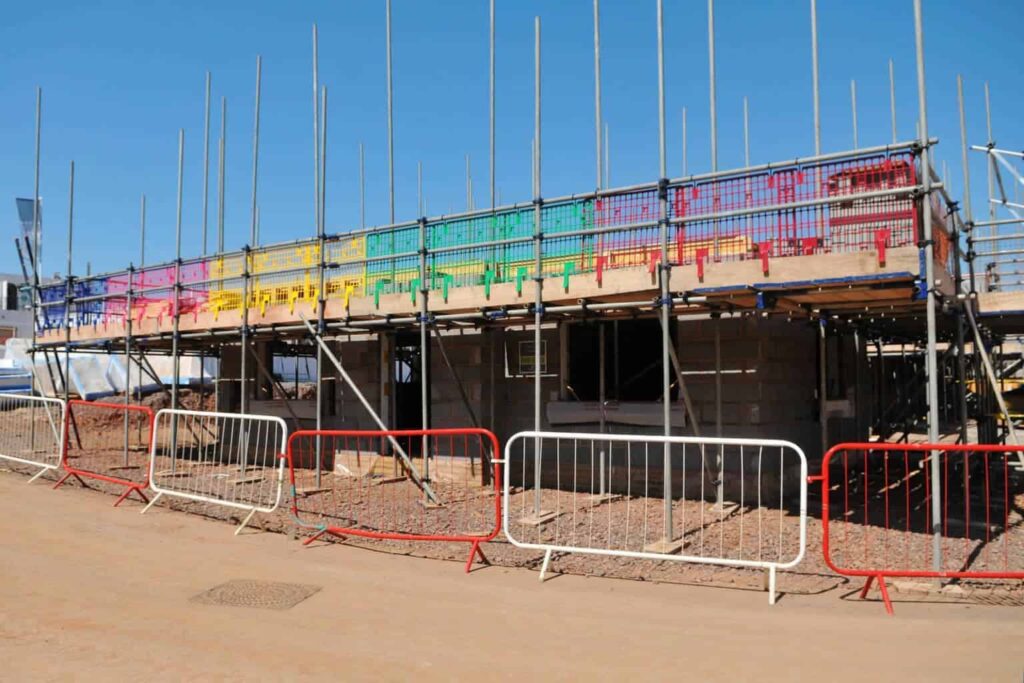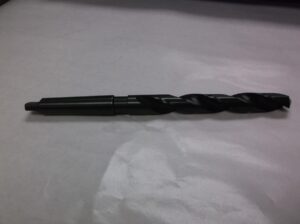Brick Guards: Protecting and Enhancing Your Property’s Exterior

Brick guards are protective devices or elements designed to safeguard the exterior walls of buildings, particularly those made of brick. They serve multiple purposes, including preventing damage, enhancing aesthetics, and maintaining the structural integrity of brickwork. This article explores the benefits of brick guards, their types, and considerations for choosing the right solution for your property.
What Are Brick Guards?
Brick guards are materials or products installed on or around brick surfaces to provide protection and prevent various forms of damage. They are commonly used in both residential and commercial settings to shield brickwork from environmental factors, physical impacts, and general wear and tear.
Benefits of Brick Guards
- Protection from Weather Elements:
- Description: Brick guards shield brick surfaces from harsh weather conditions such as rain, snow, and extreme temperatures.
- Benefit: Helps prevent moisture infiltration, which can lead to efflorescence (white salt deposits), mold growth, and deterioration of the brick and mortar.
- Prevention of Physical Damage:
- Description: Brick guards protect against physical impacts such as abrasion, scratching, and accidental impacts from vehicles or debris.
- Benefit: Reduces the risk of chipping, cracking, or spalling of the brickwork, preserving the appearance and structural integrity of the wall.
- Enhanced Durability:
- Description: By providing an additional layer of protection, brick guards extend the lifespan of brick surfaces.
- Benefit: Minimizes the need for frequent repairs or maintenance, offering long-term cost savings.
- Aesthetic Appeal:
- Description: Brick guards can be designed to complement or enhance the visual appeal of brickwork.
- Benefit: Available in various styles, colors, and finishes, brick guards can improve the overall look of the property while providing functional protection.
- Ease of Maintenance:
- Description: Guards can make cleaning and maintaining brick surfaces easier by preventing dirt and grime accumulation.
- Benefit: Simplifies the upkeep of brickwork and helps maintain a clean, attractive appearance.
- Energy Efficiency:
- Description: Some brick guards provide insulation benefits, improving the thermal performance of brick walls.
- Benefit: Can contribute to energy savings by enhancing the building’s insulation and reducing heating and cooling costs.
Types of Brick Guards
- Corner Guards:
- Description: Installed on the corners of brick walls to protect against impact damage.
- Use: Ideal for areas prone to collisions or heavy traffic, such as commercial buildings or garages.
- Wall Shields:
- Description: Large panels or coverings that protect extensive areas of brick surfaces.
- Use: Suitable for high-traffic areas or buildings exposed to severe weather conditions.
- Brick Seals:
- Description: Protective coatings applied directly to the brick surface to repel moisture and dirt.
- Use: Provides a barrier against water penetration and helps maintain the appearance of the brickwork.
- Metal Guards:
- Description: Metal strips or plates attached to the brick surface for added protection.
- Use: Effective in shielding against physical damage and wear, particularly in high-traffic or industrial settings.
- Plastic and Rubber Guards:
- Description: Flexible materials designed to absorb impacts and protect brick surfaces.
- Use: Often used in residential settings or areas where aesthetics are a concern, as they can be discreet and blend with the surroundings.
- Capping Stones:
- Description: Stones or masonry caps placed on top of brick walls to protect the edges from water damage.
- Use: Helps prevent water from seeping into the brickwork and causing erosion or damage.
Choosing the Right Brick Guard
- Assess Your Needs:
- Description: Determine the specific type of protection required based on the location and condition of your brickwork.
- Considerations: Factors such as weather exposure, traffic levels, and the condition of existing brickwork will influence the choice of brick guard.
- Material Compatibility:
- Description: Ensure that the brick guard material is compatible with the existing brickwork and will not cause damage or degradation.
- Considerations: Choose materials that complement the brick and provide effective protection without affecting its integrity.
- Aesthetic Considerations:
- Description: Select a brick guard that matches or enhances the visual appeal of your property.
- Considerations: Opt for styles and colors that blend with the existing brickwork or complement the overall design of the property.
- Durability and Maintenance:
- Description: Choose a brick guard that is durable and requires minimal maintenance.
- Considerations: Look for products that offer long-term protection and are easy to clean and maintain.
- Professional Installation:
- Description: For optimal performance, consider professional installation of brick guards.
- Considerations: Ensure that the installer has experience with the specific type of brick guard and follows best practices for installation.
- Cost and Budget:
- Description: Evaluate the cost of the brick guard and installation against your budget.
- Considerations: Balance the initial investment with the long-term benefits of protection and maintenance savings.
Conclusion
Brick guards are essential for protecting and preserving the exterior brickwork of buildings. Whether you need to shield your property from weather elements, physical damage, or enhance its aesthetic appeal, brick guards offer a practical solution. By considering factors such as your specific needs, material compatibility, and professional installation, you can select the right brick guard to ensure the longevity and appearance of your brick surfaces. Investing in high-quality brick guards will contribute to the overall durability and maintenance of your property, providing both functional and aesthetic benefits.




